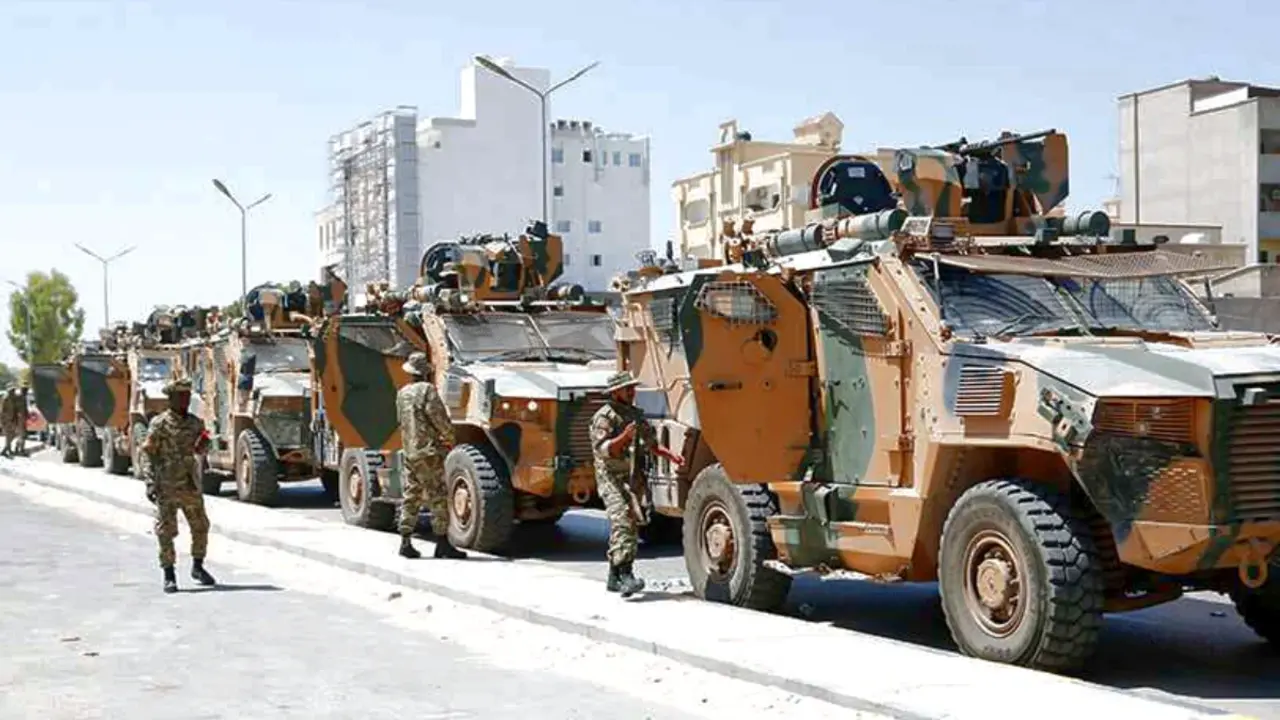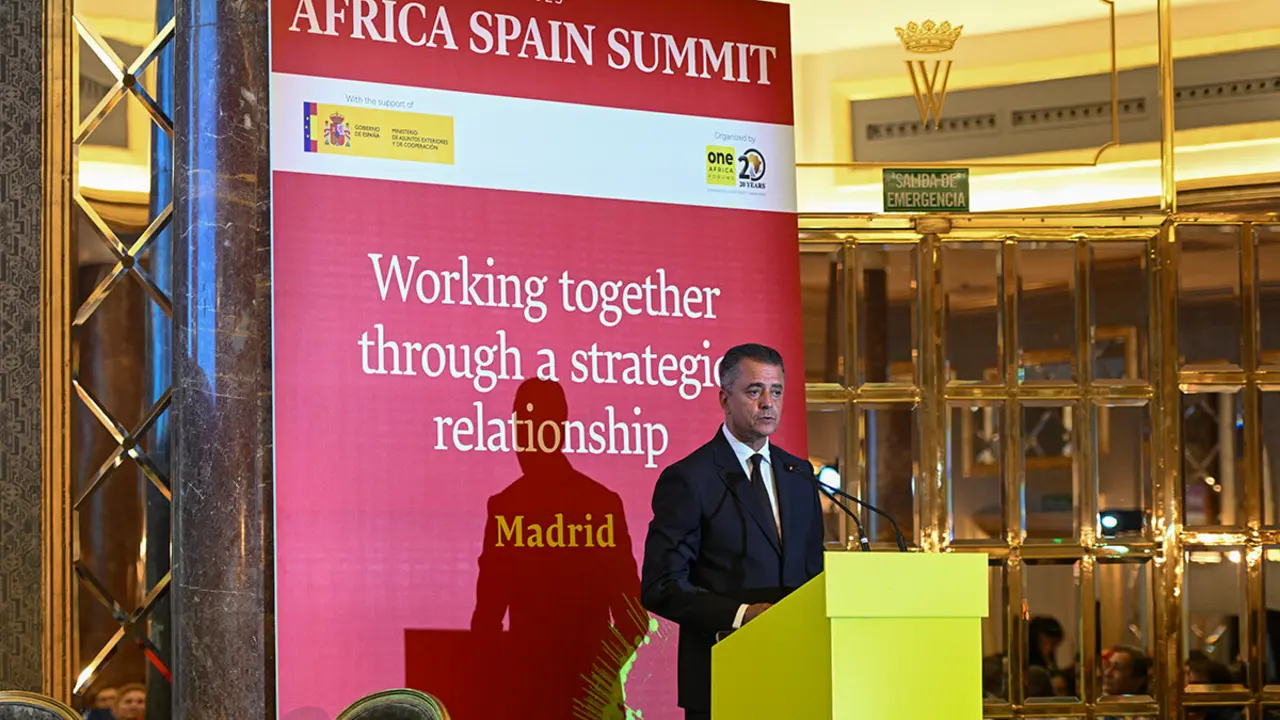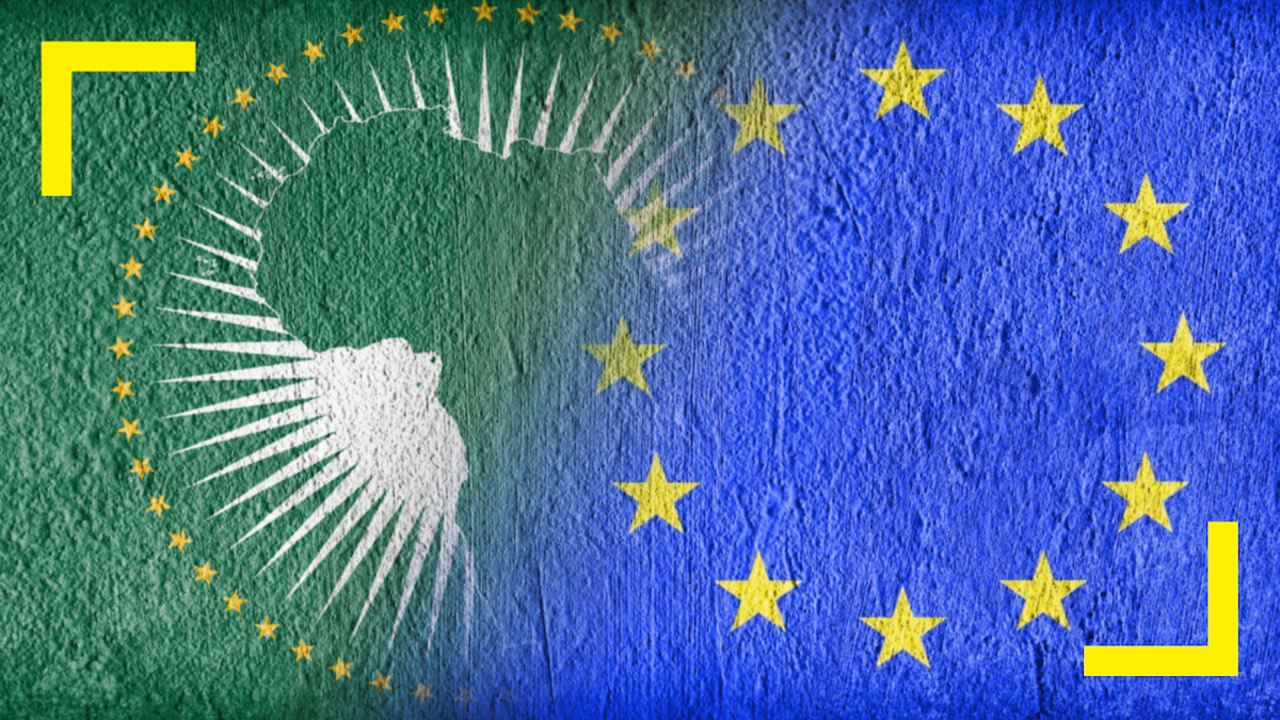Marruecos recibirá al ministro de Justicia argelino en el marco de la cumbre de la Liga Árabe

Morocco will be visited in the next few days by the Algerian Minister of Justice, Abderrachid Tabi, who will be responsible for extending the official invitation to the Alawi Kingdom to attend the 31st summit of the Arab League organised by the Algerian authorities for the beginning of November. This was announced in a statement by the Moroccan Ministry of Foreign Affairs, which also specified that Tabi will travel first to Saudi Arabia and then to Jordan before landing in Rabat, without giving specific dates.
This is the first time that a high-ranking Algerian official has visited Morocco on an official visit since the unilateral severance of bilateral relations formalised in August 2021 by the head of Algerian diplomacy, Ramtane Lamamra, following the escalation of tensions over the Western Sahara dispute. However, far from symbolising a rapprochement between the two Maghreb powers, this is a protocol move, which is customary within the Arab League. No major changes are expected after the reception.
Tabi, who was president of the Supreme Court, the country's highest court, before taking over the justice portfolio in July 2021, will travel to Morocco as an emissary by decision of Abdelmadjid Tebboune's government. The president has decreed that he will travel to Rabat, while opting to send Interior Minister Kamel Beldjoud to Mauritania and Tunisia, the last organiser of the Arab League summit in 2019, with whom Algeria maintains fluid relations.

Algiers, for its part, has already begun protocol work three weeks before the meeting, which was originally scheduled for March but was postponed because of the pandemic. Lamamra handed over the invitation to Palestinian Authority President Mahmoud Abbas in Cairo on Monday, followed by the Egyptian leader Abdel Fattah al-Sisi.
The event will be the first in three years, and will take place against a backdrop of regional turmoil, marked by a looming energy and food crisis in the wake of Russia's invasion of Ukraine. Moreover, the proposal outlined by Algeria and other members of the Arab League to reinstate Bashar al-Assad's Syria into the organisation after its expulsion in 2011 has caused tensions among several members of the group.

The waters of the Maghreb continue to be troubled by the Western Sahara dispute. The conflicting interests of Algiers and Rabat over the dispute, which have ended up dynamiting their bilateral relations, are gradually infecting other regional actors, who are forced to make their move. The first was Spain, whose recognition of the autonomy plan under Moroccan sovereignty as the "most serious, realistic and credible" basis led it to break diplomatic and commercial ties with Algeria.
Tunisian President Kais Saied was next on the list, this time siding with Algiers by welcoming Polisario Front leader Brahim Ghali with head of state honours, a move that angered Morocco. The Moroccan executive was quick to withdraw its ambassador from the small Maghreb country, confirming with deeds the words of King Mohammed VI in his last public speech, in which he made it clear that "the Sahara dossier is the prism through which Morocco looks at the world".

The backing of Donald Trump's United States for Rabat's thesis on the dispute, given as a bargaining chip to normalise relations between Morocco and Israel in the framework of the Abraham Accords weeks before leaving the White House, boosted the Alawite Kingdom's spirits, which strengthened its diplomatic campaign to win support for its cause. Countries such as Germany, the Netherlands and the Emirates, among a long list of states, gave the green light to his proposal.
The wind now seems to be blowing in Algeria's favour. The current context of the energy crisis in Europe, aggravated by Russian President Vladimir Putin's constant supply cuts, makes the Maghreb country potentially the main exporter of gas, something the Algerian authorities hope to take advantage of. Not only economically, but also politically. At the same time, the UN envoy for Western Sahara, Staffan de Mistura, is trying to accelerate his mediation efforts after his visit to Tindouf and his meeting with Lamamra in Algiers.








